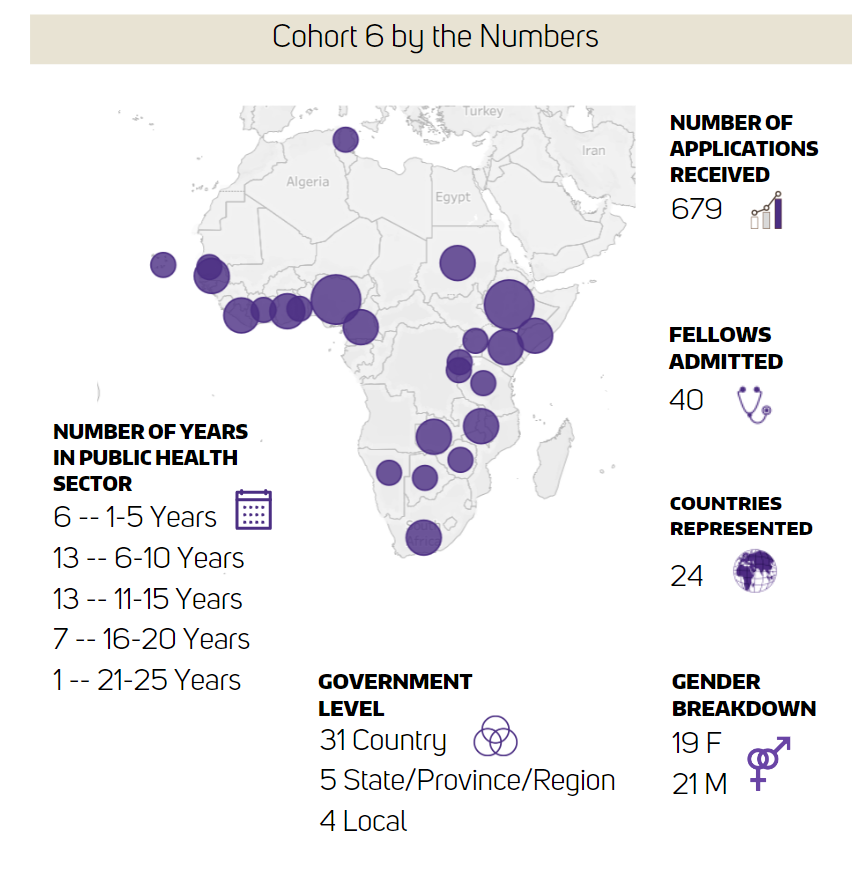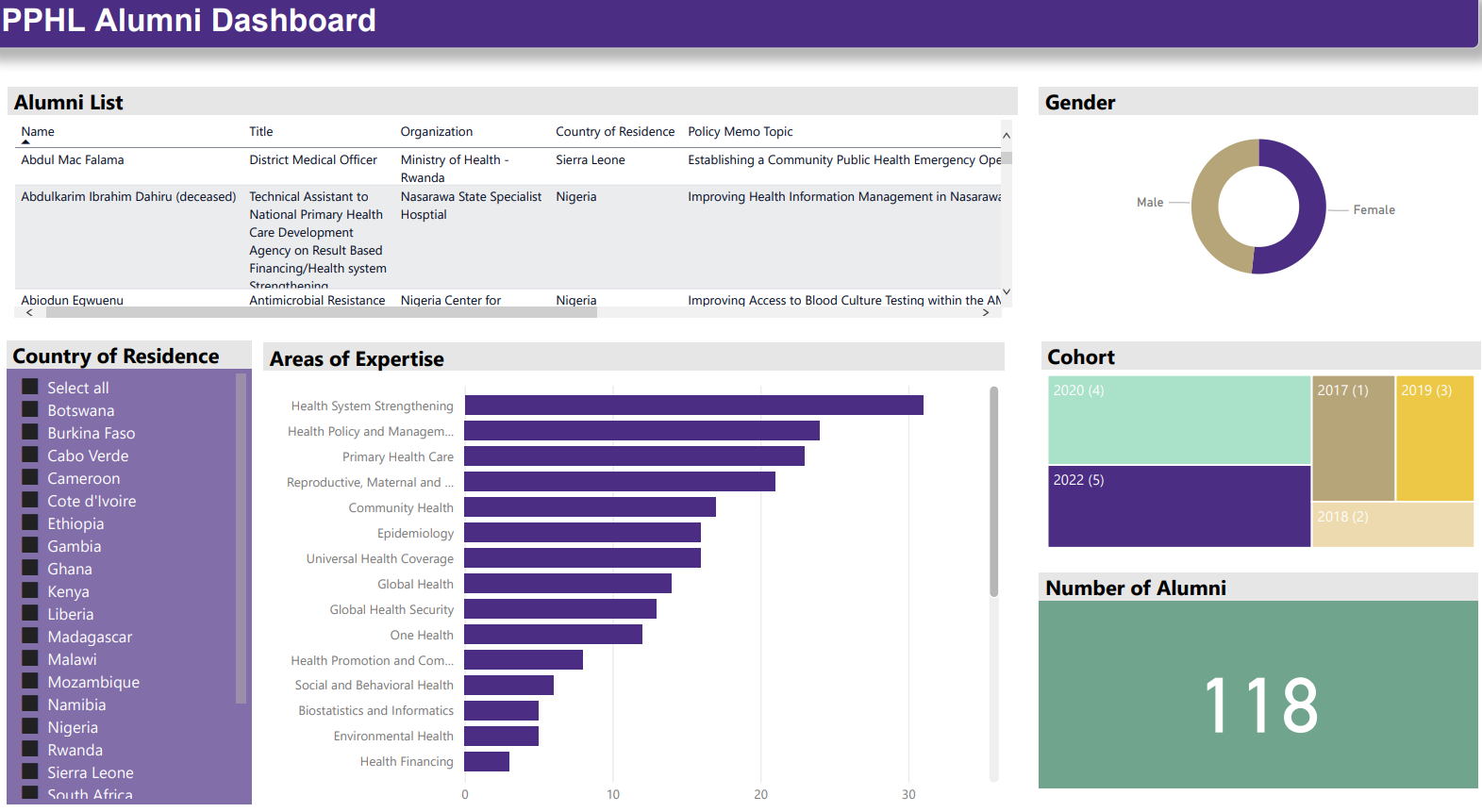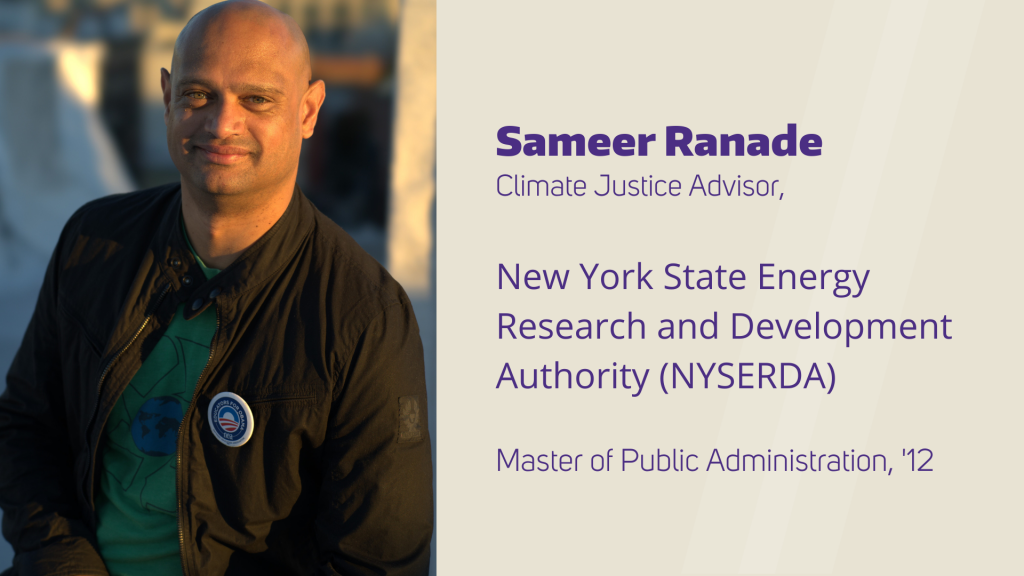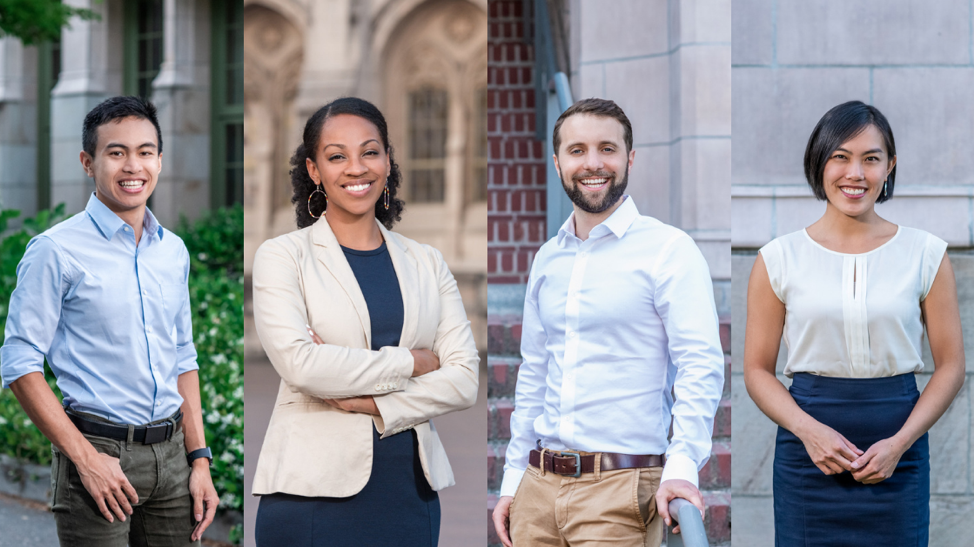Looking back on your time as an Evans student, what memorable experiences stand out to you? How does your Evans education inform and contribute to how you approach your work and life today?
Evans is where I came to truly appreciate what it meant to be an agency administrator responsible for delivering public value. It formed the foundation of my knowledge to solve environmental problems through policy, internal and external facing human relations, and critical and strategic thinking.
I maximized the value of my internships and the experience validated and augmented my Evans curriculum. I was a summer intern at the American Wind Energy Association (AWEA) in DC and then chose to stay in DC for the Autumn Quarter after receiving an unexpected internship offer from the White House Council on Environmental Quality, which I did along with a part-time finance internship for Senator John Kerry’s election campaign. While my position with Kerry wasn’t policy focused, it was fitting I got to work for him while he was the lead Senate author of the American Power Act, an economy wide climate bill. I wrote a paper on it in my climate and energy policy course the previous spring quarter. That course was invaluable in teaching me about emissions mitigation policy, including renewable energy standards, which I then worked on advocating for at AWEA.
My economics teacher was extremely passionate about climate change. I recall one instance where he let me speak in front of the class on the combined power of President Obama’s recently enacted stimulus and the Waxman Markey bill to grow a prosperous green economy. In addition, my public sector financing class gave me a terrific understanding of the accounting structures and budget management techniques for entities to wisely steward public dollars.
Lastly, as an advocate, it’s key to understand the policy avenues available to advance your cause. My Environmental Policy Process course exposed me to three available avenues–judicial, legislative, and regulatory bodies. The relevance of each was clear when I worked on the bills that failed to pass Congress as an intern at AWEA. Subsequently, I supported the Obama Administration’s response to this failure. The range of my Evans experience also taught me that well designed regulations can spur innovation and lower compliance costs, and theoretically strengthen their case in court. And investments in emissions mitigation can also reduce those costs and accelerate the cycle of innovation.
Can you share a bit about your current work and what you’re most excited about?
There’s a lot to be excited about. At the top is the implementation of New York’s Climate Leadership and Community Protection Act (CLCPA), the justice provisions of which my job was created to support. New York State is poised to cap greenhouse gases (GHGs) and implement a suite of clean air regulations and investments in clean energy and climate resilient infrastructure. Through pioneering equitable public involvement processes, these will be shaped by meaningful input from communities that bear the greatest climate burdens – as measured on a holistic basis that accounts for the social determinants of health. This will serve as an advanced policy toolkit for eliminating GHGs and creating an adequate standard of living for all in the process. It will address injustice across core social and physical dimensions such as race, wealth, gender, age, and geography. I have a major role in this by helping New York State in creating the Scoping Plan to achieve the CLCPA’s goal of building a carbon neutral economy by 2050 through a lens of justice.
My work is spread out across the spectrum of the numerous facets of the CLCPA. I help inform the design of the State carbon reduction, green workforce, and climate resilience programs and community engagement strategies so they are accessible. I facilitate input into the Scoping Plan from members of the Climate Justice Working Group – a critical advisory body of climate justice organizations whose main task is to develop the criteria for the State to prioritize its investments and regulations under the CLCPA to achieve maximum social benefit. I do a lot of community presentations and relationship building, which to date has been to encourage the public to comment on the criteria the Working Group is developing and the draft of the Scoping Plan that will be finalized at the end of this year.
I’m excited for the work ahead to implement the Plan and create a climate justice model, particularly through how it will give a greater voice to communities overburdened by pollution and poverty. I’m also eager to engage the public on the Plan’s contents and illustrate how it will broadly benefit all of us and specifically create social equity. This effort will contribute to social cohesion and bridge divides because it will be realized through collaboration and recognizing our common bond of humanity and that we live in a world of abundance and joy when we all look out for one another.
The Evans School’s values are equity, courage, and service. In what ways are these values part of your work?
Equity can exist in multiple forms. Foremost, it’s about being conscious of my own biases, power, and privilege and striving to make authentic connections and treating everyone with respect. My climate policy work involves accounting for social and economic marginalization in policy regarding access to infrastructure, education, and public involvement opportunities.
Service is about advancing the welfare of humanity, which the Evans nonprofit and public sector focus trained me for. The desire to serve has always run strong in me. A key example of that was my campaign for an open Washington State House seat in 2016 on a climate justice platform. I devoted significant time to talking with voters 1:1 by door knocking and raised money from small dollar donors. Although I was not elected, I believe my campaign contributed to an engaged electorate and made the case for equitable campaign finance laws–both of which are crucial for the egalitarian society I seek.
Courage is speaking truth to power and striving to find a fair equilibrium among a broad range of stakeholders across a breadth of power and perspectives. Climate justice practitioners must bring everyone to the table and thus build honest and meaningful relationships with people across the spectrum of values and beliefs. The outcome is for everyone to feel encouraged by the vision of a thriving and just green economy and appreciate the need to find consensus and act with compassion so that we can achieve solutions that are both equitable and durable. It takes courage to endeavor to make the world a better place. I’m blessed with the education and employment opportunities in which I can continuously practice and develop the courage to do that and meet inspirational people along the journey.
Could you share some resources that inspire you personally or professionally?
The podcast Volts by David Roberts, Netflix series like ‘Who Killed Malcom X’, spoken word artists, and The New York Times Climate section




